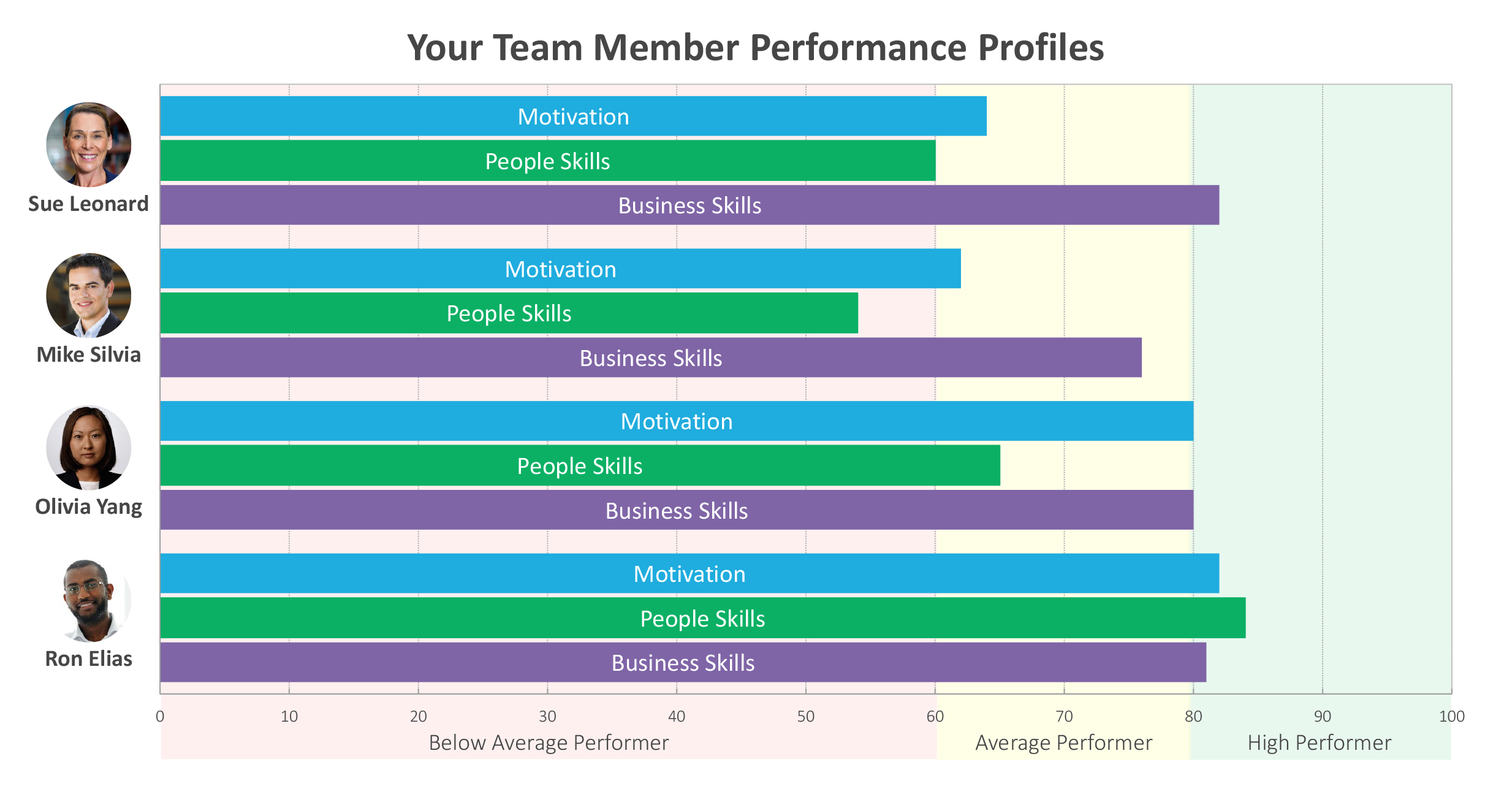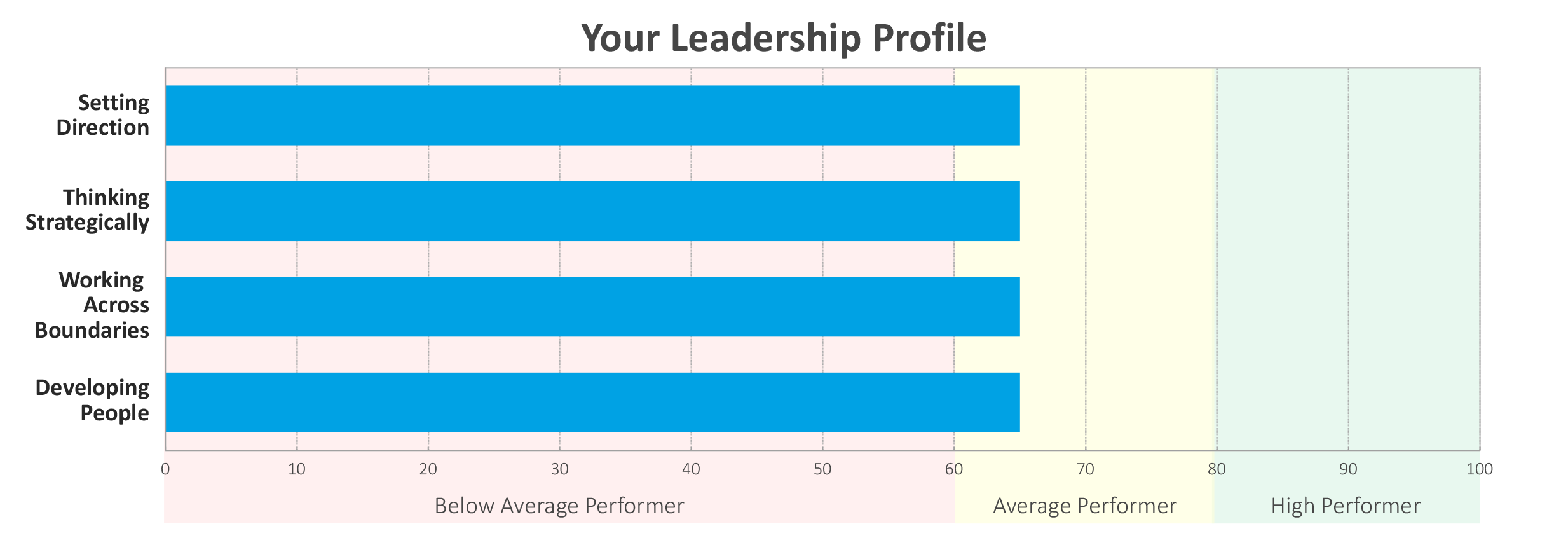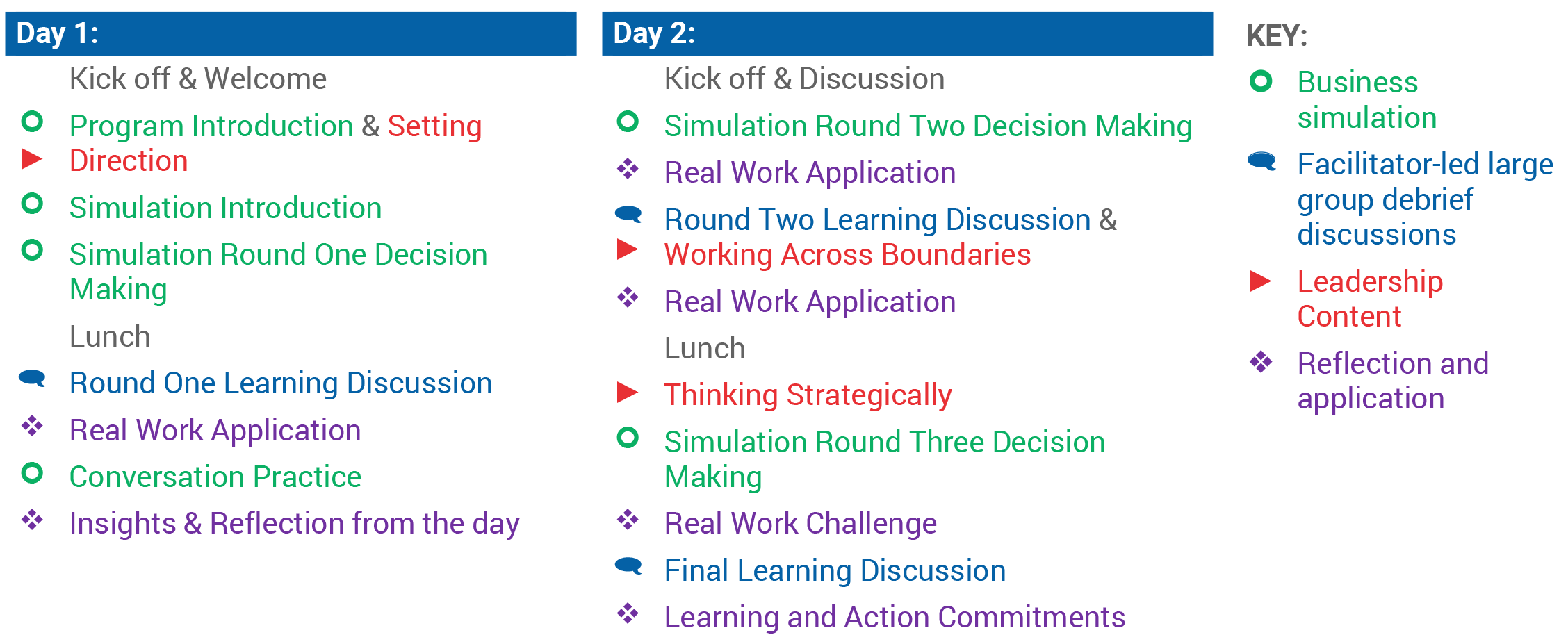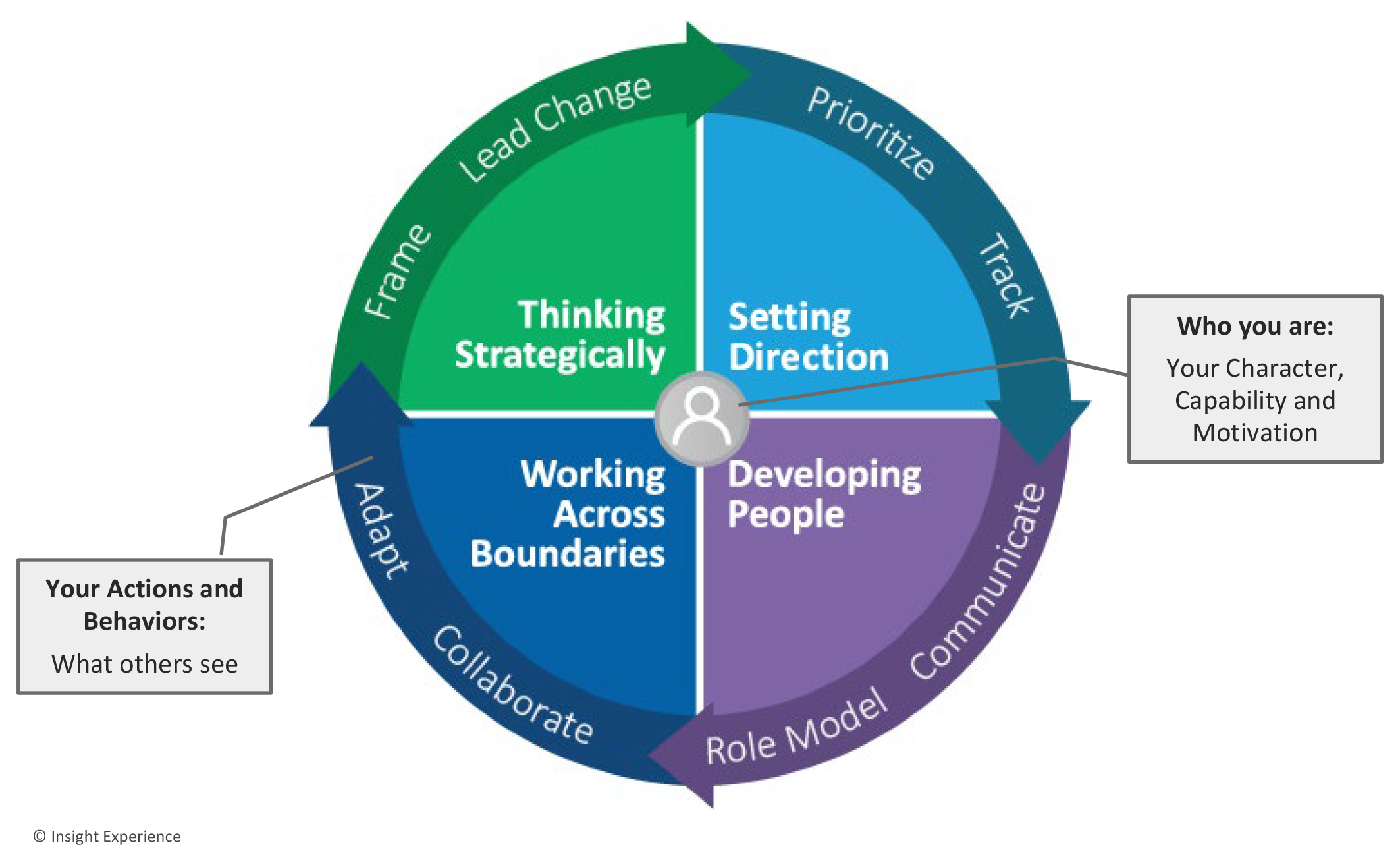Leadership Foundations for Individual Contributors:
Developing Matrix Project Leaders
Abstract
A major insurance company sought to create a development program for Matrix Project Leaders who are not on a track to manage people. Insight Experience adapted its existing Developing New Leaders offering to remove references to people management and coaching and reframed leadership challenges to project opportunities. The final offering, Leadership Foundations for Individual Contributors, has been used as a module of the client's existing program for more than five years and has garnered strong client and participant feedback.

Challenge
Individual contributors and technical project leaders play a critical role in many organizations. A major insurance company offers a program specifically for Matrix Project Leaders to arm them with the critical skills (sans people-management skills) necessary to successfully lead projects.
Solution
Insight Experience created a version of its Developing New Leaders offering that is specifically tailored for leaders who are not on a track to manage people. All simulation scenarios and course content were updated to mirror the realities of matrix or project leadership. As one example, within the simulation context no one on the project team reports directly to the leader.
Learning Objectives
As a result of the Leadership Foundations for Individual Contributors program, participants develop and improve skills to:
- Lead and manage the work of a team in a matrix organization to deliver results.
- Develop the motivation and performance of a team through situational analysis and effective conversations.
- Communicate effectively (up, down, and across) in an organization.
- Think strategically to prioritize actions and set clear direction.
Design Highlights
Participants take on the role of a recently promoted business team leader in a fictional business called Energy Solutions Worldwide Inc. (ESW), a broker of renewable energy solutions. Simulation team members, collectively taking on the role of the business team leader, are tasked with bringing a new cross-functional initiative to life. The initiative was not planned or budgeted for at the beginning of the year but has a high level of senior-leader visibility. To effectively launch this initiative, the business team leader manages a cross-functional team, none of whose members report directly to the team leader.
Each business team leader is expected to understand the performance profile of each team member, contribute to their growth, and give feedback to their managers as input to the talent development process. ESW measures employee performance with three metrics: motivation, people skills, and business skills. The decisions a team makes as the leader will impact the performance of the team members.

Beyond contributing to the growth of the cross-functional project team as the business team leader, participants are charged with improving team, customer, operational, and financial performance. They also track and report on market volatility and manage diverse customer expectations.
The simulation prompts participants to make decisions about prioritization, strategic time management, communication, the development of others, change management, and work across boundaries. All of these map to the leader profile in the simulation, which reinforces the Insight Experience Developing New Leaders model.

A key learning objective of the program is communication. Members of the project team come to life in the context of the simulation to give program participants an opportunity to practice having effective conversations. These are intentionally designed to be critical conversations (not coaching conversations) in which participants can practice leveraging inquiry and advocacy skills to build relationships and move a project forward.
Program Agenda

The Leadership Foundations for Individual Contributors program integrates a tailored simulation experience (green) with focused simulation learning discussions (blue), and classic leadership content paired with ideas and frameworks owned by Insight Experience (red). Additionally, it affords ample time for reflection and application (purple).
Beyond reflection and application activities that are completed during the program, the program workbook includes manager checkpoint activities to be explored in partnership with a participant’s manager. These activities are designed to reinforce and extend the learning beyond the bounds of the two-day experience.
Simulation Overview
The simulation experience is part of a two-day (in person) or four-day (virtual) program that includes leadership frameworks and application back to participants' everyday work back on the job. All of the content and simulation practice is foundational for emerging leaders and has four main focus areas:

In each area, facilitators introduce leaders to practical frameworks and tools. The practice sessions are uniquely designed for this audience as well.
- In the simulation, the leaders work in teams of four to six people to make the consensus decisions of a project leader in a fictitious technology organization.
- The exercise immerses participants in a realistic environment in which they are responsible for multiple projects at different stages.
- The project leader is held accountable for delivering results through a team of four diverse members, none of whom report directly to the project leader.
- The simulation issues focus on relevant challenges and opportunities for the project leaders, including prioritization, accountability, situational leadership, challenging conversations, work across boundaries, and strategic thinking.
- The simulation demonstrates the connection between leadership behavior and project outcomes through learning discussions and reports that highlight both quantitative and qualitative feedback.
History and Results
The Leadership Foundations for Individual Contributors program has touched more than 150 project leaders over the last five years and continues to be one of the highest-rated portions of the Matrix Leadership Development program the client offers.
Repeatedly throughout the years, participants have ranked the simulation experience as their favorite part of the leadership development program.










